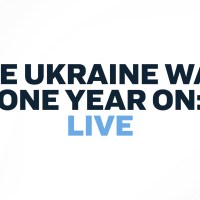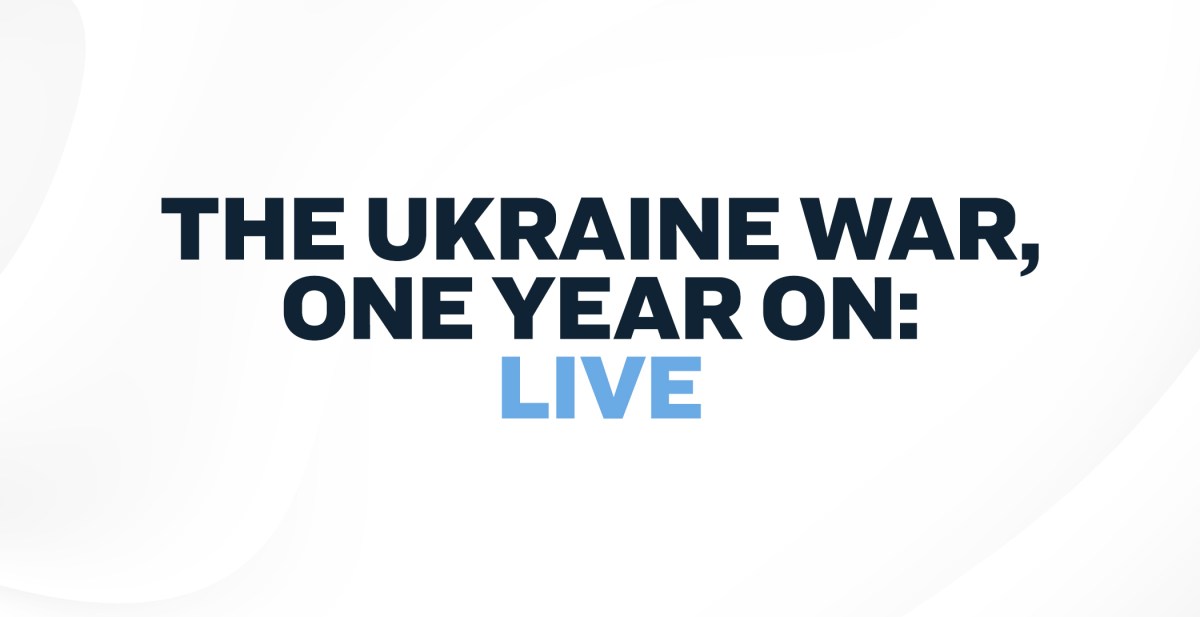Waking up to bombs and missiles, you realize in an instant that your old life is gone forever. That’s what Lidia, a therapist living in Kyiv thought on an otherwise unremarkable morning just one year ago. “The first day felt like an apocalypse.” From this moment going forward, there would be an invisible line dividing her life into the before and the after.
What Tomorrow Brings
Chat messages urging Lydia and her family to leave NOW “because tomorrow, after tomorrow, they [the Russians] are planning the huge missile attack” poured in from friends, patients, and colleagues. Rumors ribboned through Kyiv’s streets– “Russians will do the same as they did in Aleppo and destroy everything with carpet bombing”– just made that historic day worse.
Lydia wondered where to go and how to get there. “The road was also dangerous. And you don’t know for sure where is safer: at home, or somewhere on the street, on the highway, anywhere in Ukraine.”
But it was the road to another life. I cried when I saw milk, eggs, and bread in the supermarket. I felt alive when we bought coffee for the first time, like we used to every day before the war [started]. And we started to sleep in bed, not on the floor in the corridor–almost a normal life. It was our way to protect ourselves from trauma.
In those first days, there were also shortages. With the stores and pharmacies empty, Lydia had difficulty finding food, water, or medicine. Lydia and her family stayed for ten days in Kyiv before fleeing to Vinnytsia, a city in west-central Ukraine. The journey was long. Lidia recounts how “the road that usually takes three hours took twelve instead because of checkpoints and traffic jams” before she turns philosophical. “But it was the road to another life. I cried when I saw milk, eggs, and bread in the supermarket. I felt alive when we bought coffee for the first time, like we used to every day before the war [started]. And we started to sleep in bed, not on the floor in the corridor–almost a normal life. It was our way to protect ourselves from trauma.”
Finding Normality in War
Lidia tells me that the pace of the war “was so fast in the beginning! We thought that it will end in a couple of days or weeks. Now we understand that it is a long-distance marathon.” When the Russian troops withdrew from Kyiv, Lidia and her family returned to their beloved city. When I ask Lidia why she returned, she tells me, “It is our home, our life, our work. Everything is here.”
After October’s big missile attacks, she had only one or two hours of electricity, heat, water, and internet access, which lasted for a few days and “was terrible…We are used to troubles with electricity, heat, water,” she continues. Yet, Lidia was determined to resume the before life. She continued working as a therapist. Ukrainian psychologists and psychotherapists spend a lot of time supporting trauma victims for free. Lidia has spent hours talking on the phone with her patients and anyone who had her phone number to help them cope with stress and anxiety. This is one of the many ways people are working together for everyone’s mutual benefit.
Because there are generators, Lidia can go to the salon, the dentist, or shopping. “It doesn’t matter if there is electricity or not,” she adds. Businesses survive only by adapting to war conditions. “For couple of weeks, it was a disaster, but now, after some time, we have the way to deal with it. Our people are very creative.”
Planning is luxury! You are never sure what will change tomorrow, next week, next month. You read not the weather forecast but massive missile attack forecast. … You are afraid to die. And also, you are afraid not to live.
Afraid Not to Live
There are some differences in her post-invasion life. “You wake up because of air raid alert. First thing you do after opening your eyes – you read the news. When you hear an explosion, you open Telegram [a cross-platform, cloud-based instant messaging service] and read what was destroyed. You can’t do what you planned for today when rockets fly. Planning is luxury! You are never sure what will change tomorrow, next week, next month. You read not the weather forecast but massive missile attack forecast. … You are afraid to die. And also, you are afraid not to live.” Lidia started taking dance classes because “I decided not to postpone anything.”
During airstrikes, Lidia remains calm, thinking it won’t happen to her. She won’t get hurt. Statistically speaking, she is correct. But then, a civic building is destroyed, and she thinks, “it could have been your house. It is the same as yours. And you understand one more time: it is war. There is no safe place.”
Lidia tells me that her will to live, Ukrainians fighting for their freedom, and international support give her hope. If you’d like to bring hope to Ukrainians like Lidia, consider supporting one of these organizations.
This is part three of a three-part series commemorating the first anniversary of the Ukraine War.


